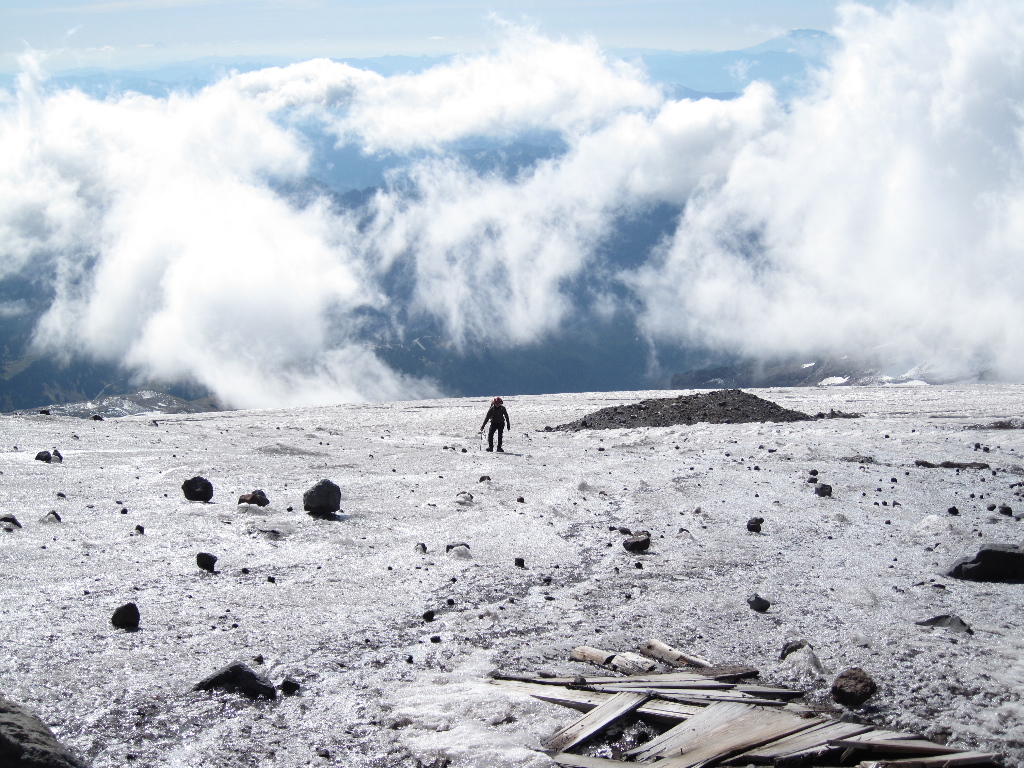There are mountains of advice on the Internet and in books about how to live a more fulfilling, productive life. Some are mere feel-good platitudes while some are rooted in concrete action aimed at helping you permanently change your habits. Though every piece of advice won’t work for you, the more concrete, the better chance it has of sticking.
One of the most effective systems for increasing or optimizing your productivity dates from 1918. Charles Schwab, then president of Bethlehem Steel, enlisted the help of productivity consultant Ivy Lee. Lee’s advice was simple.
- Every night, write down the six most important things you have to do the following day. Don’t write down more than six.
- Prioritize these tasks in order of importance to the business.
- When you get to work the next morning, start the first task and work exclusively on it until you see it to completion.
- Continue down the list. Don’t jump around with a partial task here and another one there. Laser focused, one task at a time. If you don’t finish all six tasks, move the remaining ones to the top of tomorrow’s list.
- Go home, wash, sleep, repeat.
Needless to say, the process worked wonders for Schwab’s team and the already-successful business prospered even further. You’re probably wondering, “What’s the catch?”. The recommendations listed here are almost absurdly simple, but that’s part of what makes them effective.
Consider for a minute: it’s 1918. There’s no email, no smart phones. Why should this old tactic work today in what is undoubtedly a more fast-paced and complex time? While we know that technology is supposed to help make us more productive, it often does exactly the opposite.
When you automatically start at #1 on the list, there’s no question about which thing you should do first or how long to spend on it.
Since your list is already made the night before, there’s no time wasted on deciding what #1 should be. You go from one task to the next like a home run hitter rounding the bases.
You don’t indulge digital distractions (or otherwise) unless it’s a true emergency. Remember: multitasking kills focus.
You are hyper-focused on one thing at a time which most importantly enables the quality of the work to go up, and potentially decreases the required time to do it as well.
If you’re looking to cut out some of the clutter that seems to follow you around at work, try productivity the Ivy Lee way. It worked for Chuck, and it can work for you too.
—
photo credit: Muir campsites via photopin (license)



